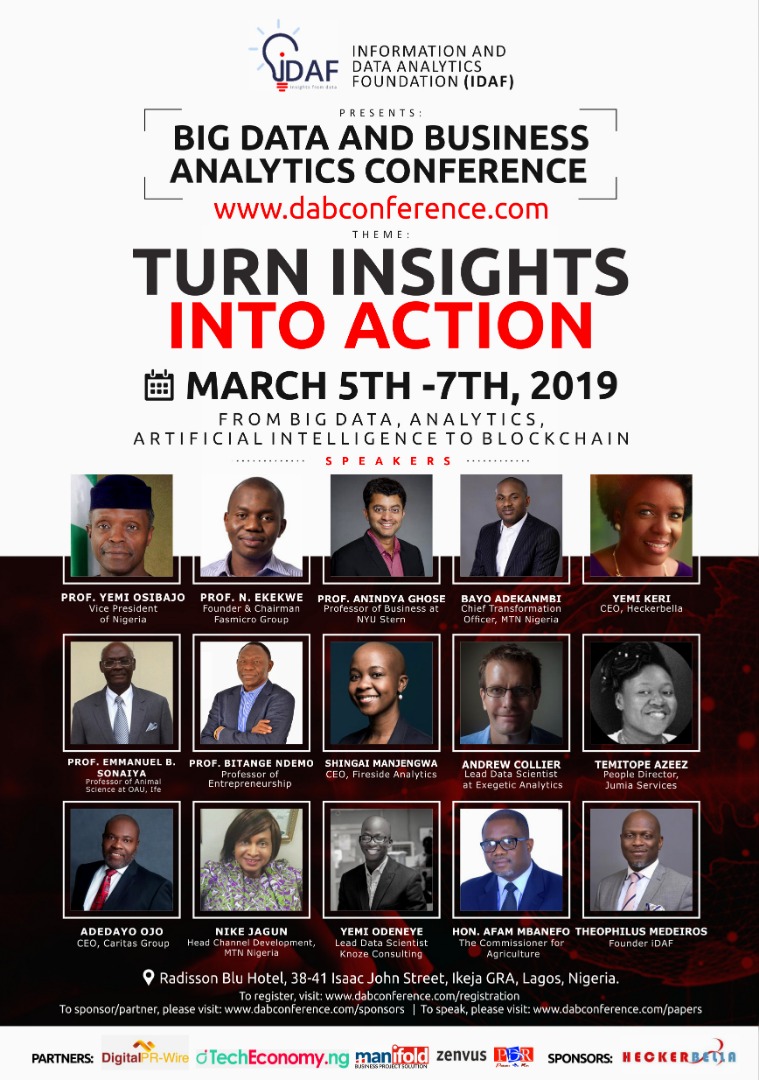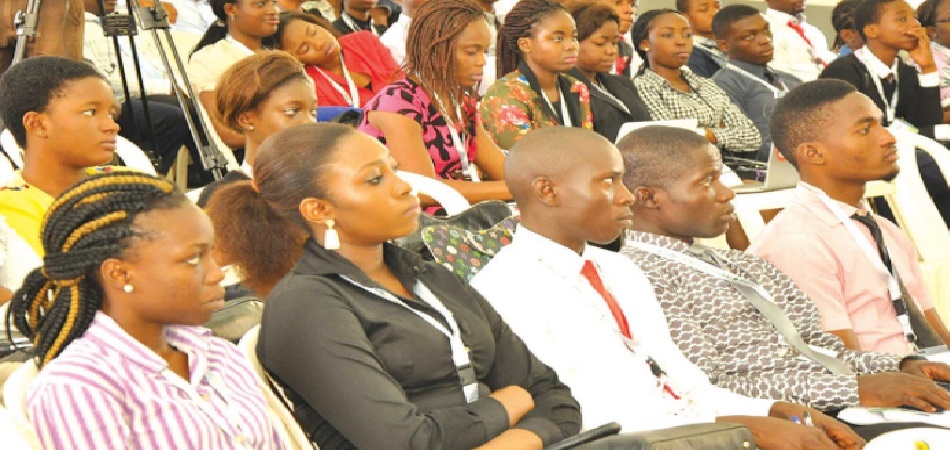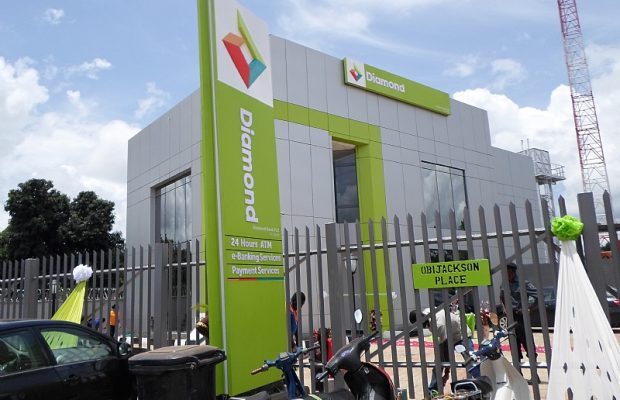By Samuel Odebode
There is this false notion, a great falsehood among Nigerians in the diaspora that they have the magic solution to issues in Nigeria, they compare their newfound near perfect system and cry out for more things to be done in Nigeria, they look at the roads, power supply, housing, basic infrastructure, beautiful environment and workplace condition, not to talk about the disparity in value of the ‘almighty’ dollar or pound they get from readily available hourly income to that of the ‘not too mighty’ naira. You are very wrong to make such comparison of these two system, race and environment.
I recently visited Nigeria after 5 years hard and adaptive sojourn in St John’s Canada with an average weather temperature of 8-degree Celsius. Going back home, I took the BA flight and landed in MMA Lagos after 28 hours fatigue laden flights including two stop-over at Toronto and London to inhale that long lost sweet hot air of my beloved fatherland, it was an ecstatic moment indeed, despite the deafening horn sounds and heavy high beam lights illuminating visually from all vehicles on Lagos roads, I wasn’t perturb because I am back home for good and to see my beloved families and friends especially my childhood cousins and neighbours who are now married with kids, and there wasn’t any better opportunity than the interment ceremony of my beloved late uncle Victor.
As I set out to travel 330km east of Lagos to my birthplace next day, my motherland in a better word, a place where I spent the first 21 years of my life, learnt my mother’s language Ora, got basic understanding of the Bini language, annual visit to EBS trade fairs for fun and dance, got numerous leadership roles in primary and secondary schools, volunteered with Nigeria Red Cross Society, admired few couple of girls, wrote numerous love letters, met some beautiful girls, got born again, preached the gospel at school, participated in crusades at various communities, trekked home through numerous bad and flooded roads, ate fish meal with some great Warri guys I met during my days at Auchi Polytechnic, always telling me ‘chop fish o-o-oh, chop fish o-o-oh’, poor me, I was trained to eat fish or beef at the end, not during meal.
Going to Benin City, I opted to travel by road rather than flying, so I could see some landmark on my way to motherland, Landmarks like the various church camp sites along Lagos-Ibadan express way, Sagamu town my favourite stop point during my Polytechnic Ibadan days, the stop-over town of Ore to eat some local delicacies, University town of Okada access road gate, to see the changed police force, custom and road safety officers at various check points, the new looking federal road to Benin, my university-UNIBEN beautiful new gate, and also to experience the new looking Toyota hiace bus use by God Is Good Motors, the well-dressed drivers, o-oh sorry my friend they are called Captains not drivers, Infact we were warned before departure not to make the mistake. As I took the 3 to 4 hours journey to Benin City, I saw what my people go through daily, I saw same old issues are still present, I saw the smile and laughter from these faces, despite the hardships, I saw the genius, sincerity and positive passion to survive and get food home at the end of the day. As I sat on the bus looking through the curtained window of my air-conditioned bus, I saw the complete absence of governance, unnecessary suffering on the streets, it was a sober moment with tears coming out of my eyes, I finally saw the real challenges these heroes pass through every day to make their life better, in a society that offers little or no help.
I know we might talk about the epileptic power supply, poor road network, lack of public supply water, high rate of unemployment, absent or blocked drainages, poor traffic and transportation system, poor medical facility, no affordable housing and insecurity as top predicament in Nigeria. But, that’s not true brothers and sisters, the number one drawback in Nigeria is the belief system, yes, our belief or faith system, these give birth to our psychological makeup, plays a great role to how we are intrinsically motivated, how our thought pattern are moulded. I have seen that collectively as a people our fight for a high standard of living is too weak, our drive, passion and action wheel are always thwarted by friction called divine help or favour. This is where the big gulf between thought patterns in countries where things work and where things don’t work.
In my 5 years sojourn in winter wasteland-Canada thus far, problems are looked at logically and experts are called upon to evaluate, analyze and proffer solutions…which is always subject to political and scientific debates, stakeholder consultations, feasibility study and impact on the environment, plant and animal species and then set-up of a project management department to management agreed upon solution from initiation to closing process, keeping such project within scope, budget and schedule and other blah-blah-blah-blah in PM.
In Nigeria, problems are often looked at spiritually, let’s talk about the gully erosion issue in Benin City, my hometown, every year, I repeat every year, houses and schools are flooded, numerous homes destroyed, people and property worth billions of naira are lost. Do you know what will follow after this catastrophic incident? All manner of prayers from the palace, churches and mosque comes flooring in, numerous displaced residents crying for help, then the government pay a visit and promise to help and compensate, repair the road, and clean the drainage. Did I say to repair the road yes, then immediately contractors are mobilized to site to start construction and government and well-meaning individuals pay compensation to affected people, what a magical wave, everybody is happy again, a caring governor, a listening governor, the people governor blah-blah-blah. Then the professional, yes, the people with ‘Engr.’ ‘Prof.’ ‘Dr.’ etc. has no comments, no comments mean all is well.
Guess what will happen the following year? Any devastating gully erosion again, this time more houses away from the previous location are affected, perhaps the new roads are still standing but the shallow drainages are covered again with dirt thanks to street trading, illegal waste dumping and erosion sand. The cycle starts all over again, prayers, governor visits, tears, compensation, construction, cleaning etc. This cyclic ‘act of God’ or what I call ‘act of visionless’ happens annually but our professional engineers have no comment, in fact, some just grew more pot-belly from membership’s dues and kickbacks from the last visit to politicians. Our professors, our learned ones are busy discussing getting more salary, more allowances if not strike here we go. Yet, my people are so happy, armed with shouting and inspiring scripture verses from the Holy Bible and Holy Quran to back up the current predicament, more tithe payment, seed offerings, Sadaqah, more hours of religious worship, more spiritual pictures to show I made it, I survived on social media. Then the favourite yearly rituals of 31st December crossing-over service for a fresh and better start coming again.
The people who looked at their problems logically and proffer technically sound solutions, with months of planning, debating the problems are busy drinking wines, alcohol and dancing in the various homes or clubs on the 31st December to celebrate their successes and achievements, my brothers and sisters in Nigeria are crying, praying, and sowing cash for a new miraculous, trouble-free and divine filled new year again. Some actually give up halfway into the new proposedly divine year and seek to travel out of our spiritual and godly country to another country where homosexuality is allowed, cannabis freely smoking, church attendance abysmally low, alcoholism number one top problem, drugs use a big issue but things are working, yes things are working to the extent humanly possible. I repeat again things are working and why? Because our worldly problems must be handled logically and backed by technically verifiable researches and findings.
In all this chaos, some home-based Nigerians are staying strong, innovative and changing their communities despite these challenges, I respect you because you are the true hero. All foreign-based Nigerians are cowards who ran away to enjoy the comfort created by those old colonial masters, slave-owners, white supremacist and those who believe and call the black race subhuman beings either by an intentional or non-intentional act.
It is time to get back home and join these heroes and make the black race a better race not subhuman race as it is today, thousands dying yearly on Mediterranean Sea with no action from the Africa Union, millions of Africans living in subhuman conditions in various places all over the world. Until you get back to Africa to help, please keep that criticism of your government, your society and proffer solutions based on technical research, not random hypothesis based on comparing both environments. Stop showing us the nice environment, stop showing us your nice mortgage homes and cars, stop enticing people to leave Nigeria, show them compassion, extend an helping hands, adopt a library or school, send us medical aids, invest back home and tell us how great we can be if this and that is done by actively partaking.
Let’s join hands together to change the subhuman tag to superhuman tag, the Chinese did it, Indians are doing it now, and we Africans can do it too starting from Nigeria the most populous black nation on earth. A working country – Nigeria is a working and better one black man out of ten in the world, thanks again to those heroes that never ran away like many cowards like us.
********Coward means “a person who lacks the courage to do or endure dangerous or unpleasant things”.
Like this:
Like Loading...








